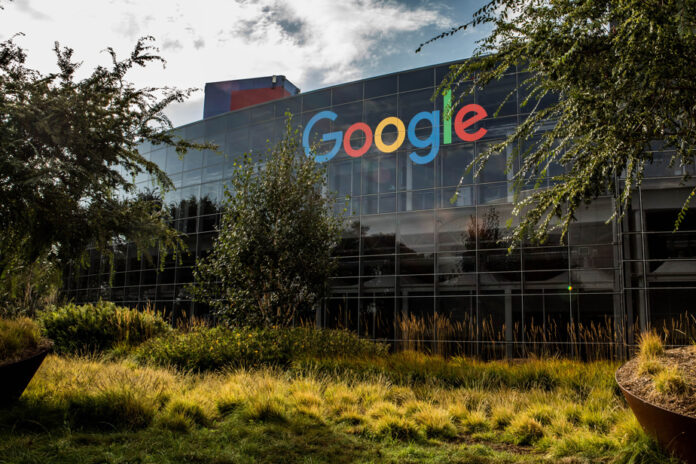(Ottawa) The web giant and the Minister of Canadian Heritage, Pascale St-Onge, finally reached an agreement three weeks before the Online News Act came into force. Google threatened to remove links to news articles from its search engine as Meta had done at the beginning of the summer.
Minister St-Onge made the announcement in a press release Wednesday afternoon. She is due to speak to the press shortly.
Under Bill C-18, web giants will have to pay royalties to Canadian media if they broadcast their content on their platforms. The agreement reached provides for an amount of 100 million per year, indexed to inflation, below the 172 million that had been estimated by the Department of Canadian Heritage.
Instead of negotiating individual agreements with each media outlet, Google will be able to pay this amount to a collective which will send it to eligible news media, “according to their number of full-time equivalents in journalism,” the press release indicates.
The web giant had threatened to remove links to news content to avoid the legislation if it could not reach an agreement with the government. He considered in particular that the proposed regulation did not make it possible to “set a definite limit” on the amount to be paid.
“If there is an agreement, I think it is a step in the right direction,” responded Quebec Minister of Culture and Communications, Mathieu Lacombe, Wednesday morning. “We’ll see what this deal is about. We will also see what type of agreement this represents, as it is mentioned in your pages, it would be a negotiation between Google and the media, that is one thing. Is this the creation of a fund? That’s something else. Could Quebec receive part of these amounts? »
“This agreement with Google is excellent news,” commented the president of the Professional Federation of Journalists of Quebec (FPJQ), Éric-Pierre Champagne, on the social network here who suffer from the almost total domination of the web giants in the advertising market in Canada. This also proves the importance of having laws in place against web giants and not being intimidated along the way. All the pressure is now on Meta who has the opportunity to show that he can be a good corporate citizen in Quebec and Canada. »
C-18 forces web giants to compensate news media for the publication of their content by negotiating revenue sharing agreements. The agreement comes in a difficult economic context for newsrooms as their advertising revenues are siphoned off by web giants.
Quebecor President and CEO Pierre Karl Péladeau announced in early November the dismissal of 547 TVA employees to save the television network. Many regional stations were affected. The Information Coops, which brings together six regional dailies, are also cutting 125 positions with the end of their paper editions.
Elsewhere in the country, the situation is just as difficult. Bell Media announced it was laying off 1,300 employees in June and closing six radio stations.















